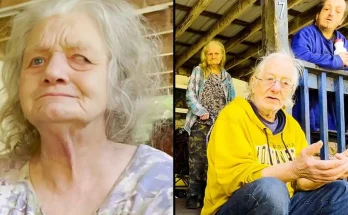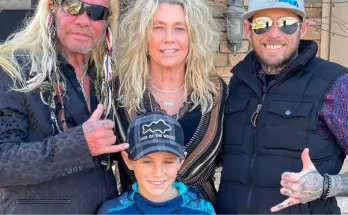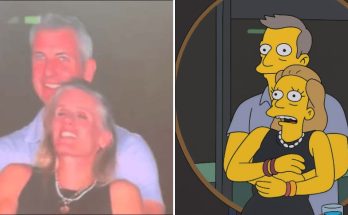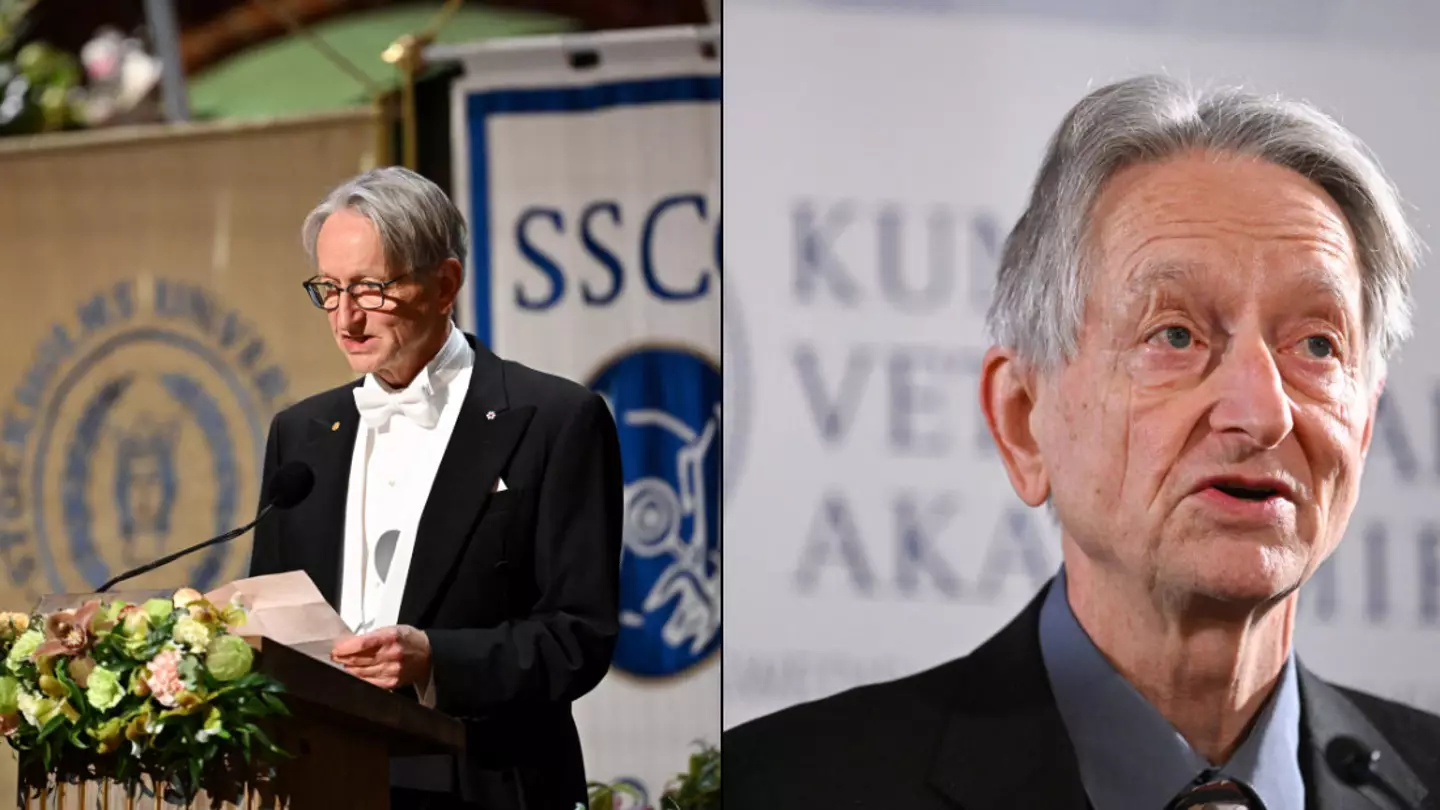
While we’re all aware that AI systems are growing smarter as the years pass by, one professor is urging people to be more educated on the here-and-now dangers.
Professor Geoffrey Hinton, who this year was awarded the Nobel prize in physics for his work in AI, has made some staggering claims about the threat to humanity.
He’s often dubbed ‘the godfather of AI’ as his work on neural networks laid the groundwork for the kind of AI we have today, but now he has admitted to feeling ‘regret’ for his key role in developing the technology.
He has previously stated that there is a 10 percent chance of the technology wiping out humanity within 30 years.
But in a recent interview on BBC Radio 4, he admitted that the risk had increased.
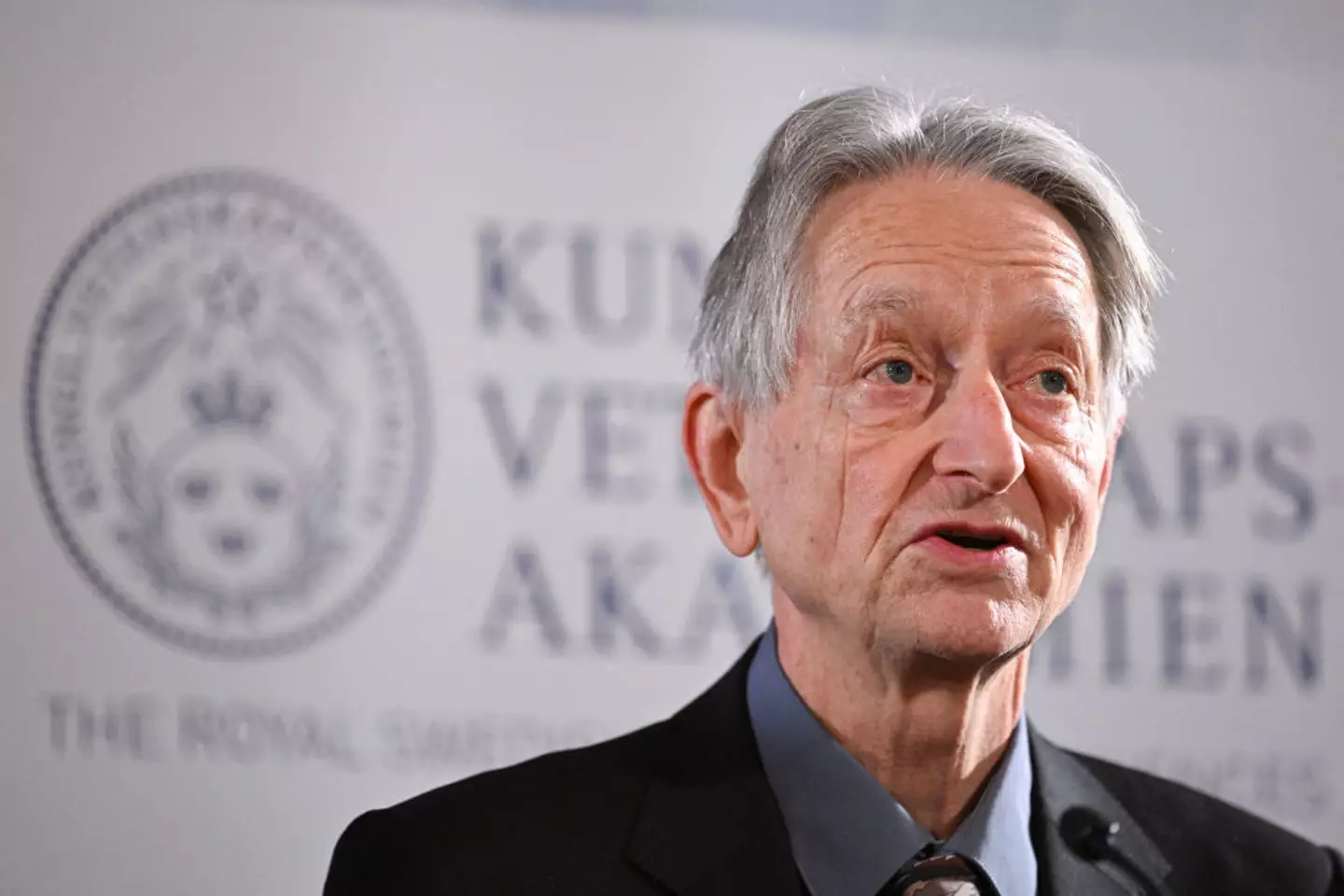
The expert has issued an urgent warning (JONATHAN NACKSTRAND/AFP via Getty Images)
The expert noted that there is now a ‘10% to 20%’ chance of AI wiping us out.
He said: “You see, we’ve never had to deal with things more intelligent than ourselves before.
“And how many examples do you know of a more intelligent thing being controlled by a less intelligent thing? There are very few examples.
“There’s a mother and baby. Evolution put a lot of work into allowing the baby to control the mother, but that’s about the only example I know of.”
He also reflected on the rapid development of AI since he has been working in the industry.
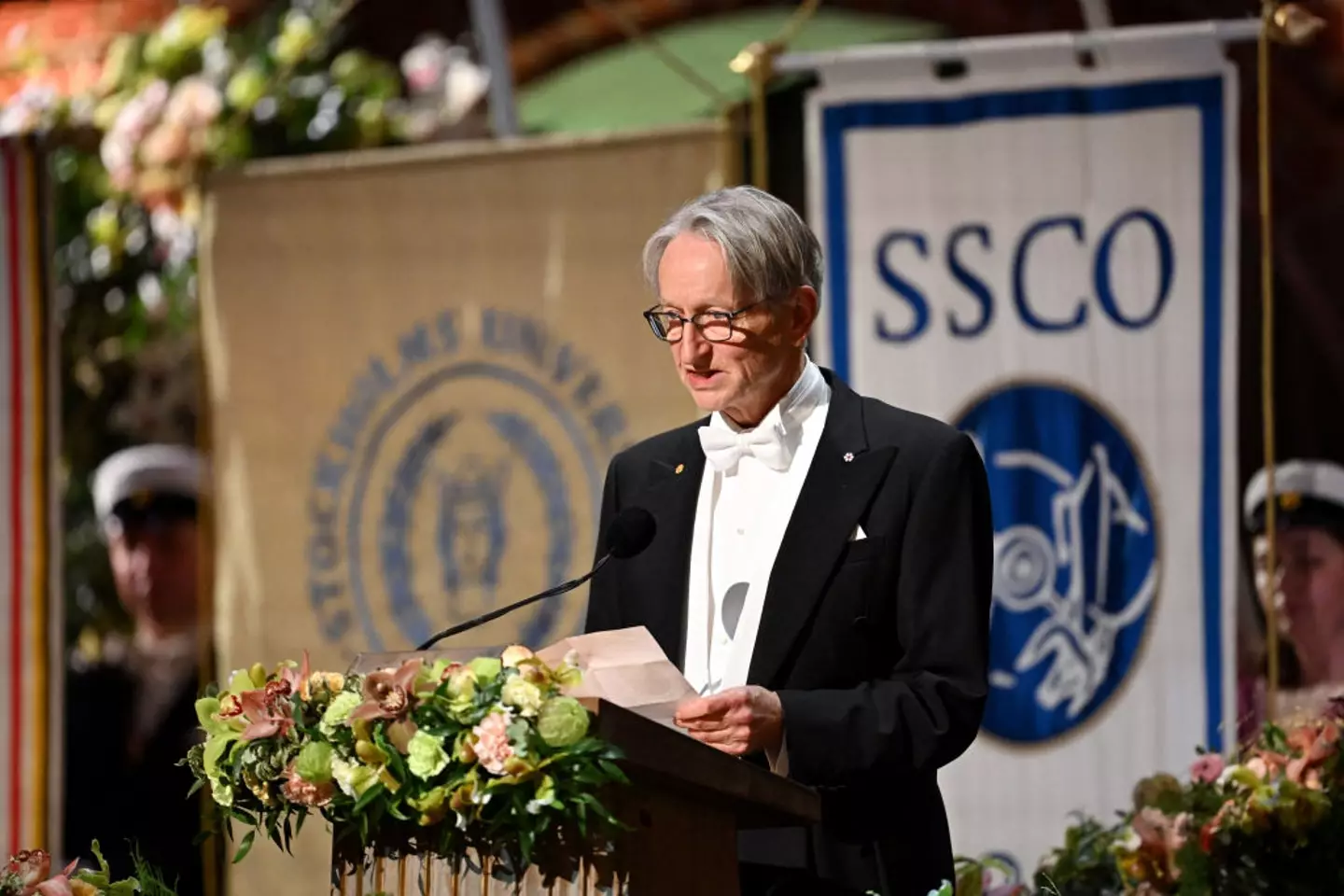
He noted that AI is growing ‘much faster’ than expected. (JONATHAN NACKSTRAND/AFP via Getty Images)
Hinton added: “I didn’t think it would be where we [are] now. I thought at some point in the future we would get here.
“Because the situation we’re in now is that most of the experts in the field think that sometime, within probably the next 20 years, we’re going to develop AIs that are smarter than people. And that’s a very scary thought.”
The professor noted that it is only ‘government regulations’ that can slow down the speed at which AI is taking over, forcing big cooperations to do more research.
“I like to think of it as: imagine yourself and a three-year-old. We’ll be the three-year-olds,” he said.
